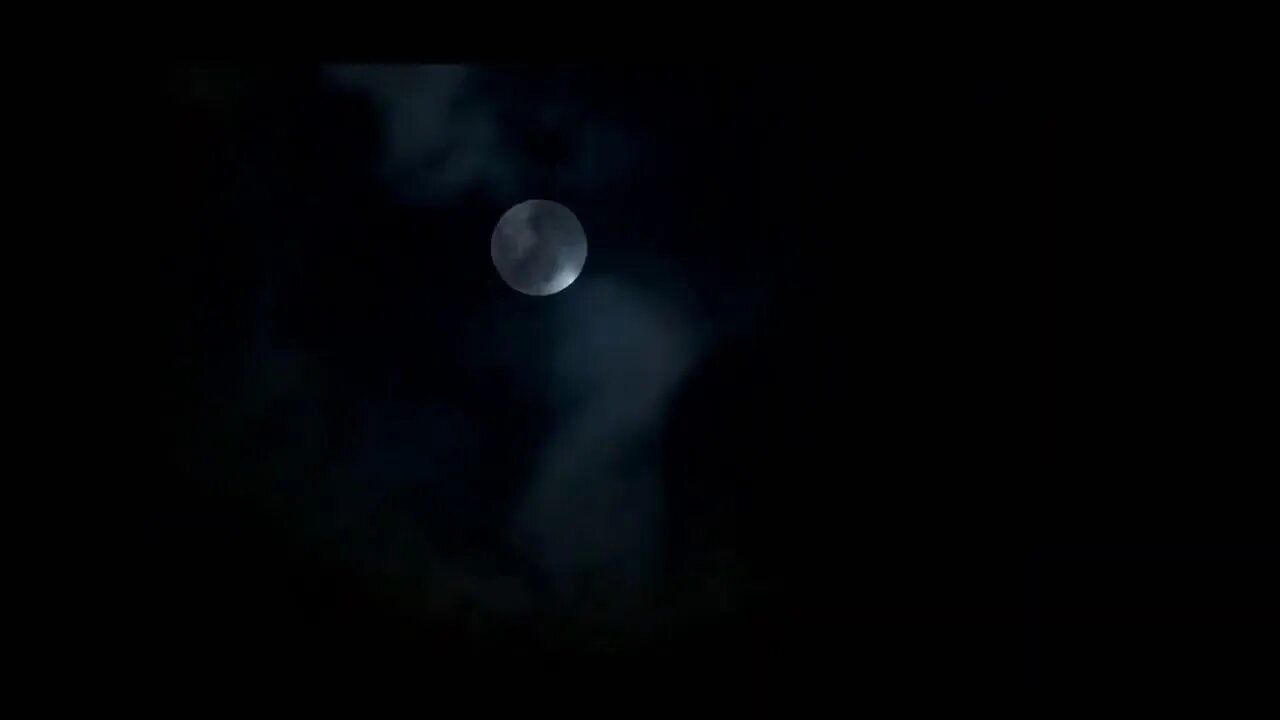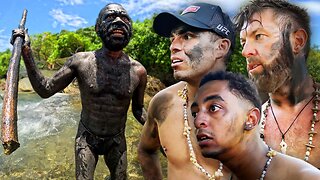Premium Only Content

The Dark side of science - The Horror of the Ape and Child Experiment of 1932 Raised as brother
#darkscience #god #horror #experiments #scientist #madscience #observation #grizzlyonthehunt #objectiveobservation #sciencetology #demons #abnormal #twisted #expertimentalinvestigation #monster #evil #soul #good #medicine #theories #theory #creature
On June 26, 1931, comparative psychologist Winthrop Niles Kellogg and his wife welcomed a new arrival home: not a human infant, but a baby chimpanzee. The couple planned to raise the chimp, Gua, alongside their own baby boy, Donald. As later described in the Psychological Record, the idea was to see how environment influenced development. Could a chimp grow up to behave like a human? Or even think it was a human?
Since his student days, Kellogg had dreamed of conducting such an experiment. He was fascinated by wild children, or those raised with no human contact, often in nature. Abandoning a human child in the wilderness would be ethically reprehensible, Kellogg knew, so he opted to experiment on the reverse scenario—bringing an infant animal into civilization.
For the next nine months, for 12 hours a day and seven days a week, Kellogg and his wife conducted tireless tests on Donald and Gua.
They raised the two babies in exactly the same way, in addition to conducting an exhaustive list of scientific experiments that included subjects such as "blood pressure, memory, body size, scribbling, reflexes, depth perception, vocalization, locomotion, reactions to tickling, strength, manual dexterity, problem solving, fears, equilibrium, play behavior, climbing, obedience, grasping, language comprehension, attention span and others," the Psychological Record authors note.
For a while, Gua actually excelled at these tests compared to Donald. But eventually, as NPR notes, Gua hit a cognitive wall: No amount of training or nurturing could overcome the fact that, genetically, she was a chimpanzee.
As such, the Psychological Record authors write, the Kelloggs' experiment "probably succeeded better than any study before its time in demonstrating the limitations heredity placed on an organism regardless of environmental opportunities as well as the developmental gains that could be made in enriched environments."
-
 48:17
48:17
Athlete & Artist Show
8 days agoS5E1: Chucky Announces First Kid, 4 Nations Face Off, and more!
818 -
 38:30
38:30
hickok45
4 hours agoSunday Shoot-a-Round # 269
1.37K5 -
 1:39:55
1:39:55
Squaring The Circle, A Randall Carlson Podcast
23 hours ago#040 Humanity's Expansion Into The Cosmos: A New Age - Squaring The Circle
2.3K3 -
 12:54
12:54
ariellescarcella
13 hours agoYou're NOT Queer, Just Annoying And Boring
4393 -
 18:57
18:57
Fit'n Fire
10 hours agoA PDW That Thumps -- Stribog SP45A3 45ACP
9621 -
 LIVE
LIVE
Game On!
13 hours ago $0.49 earnedAnother Sunday Without Football...
575 watching -
 17:53
17:53
Forrest Galante
14 hours agoHow I Joined a Dangerous Remote Tribe (feat. Nelk Boys)
74.3K12 -
 LIVE
LIVE
Vocalot
1 day agoDay 6! New Here! New Rumble Friends!? 🤙
1,094 watching -
 34:27
34:27
The Connect: With Johnny Mitchell
20 hours ago $14.90 earnedCan He Stop Them? Inside Trumps War On Mexican Drug Cartels & The New Era Of Mexican Organized Crime
46.7K24 -
 2:33:15
2:33:15
Tundra Tactical
12 hours ago $14.28 earnedLuis Valdes Of GOA Joins The Worlds Okayest Firearms Live Stream!!!
56.7K1